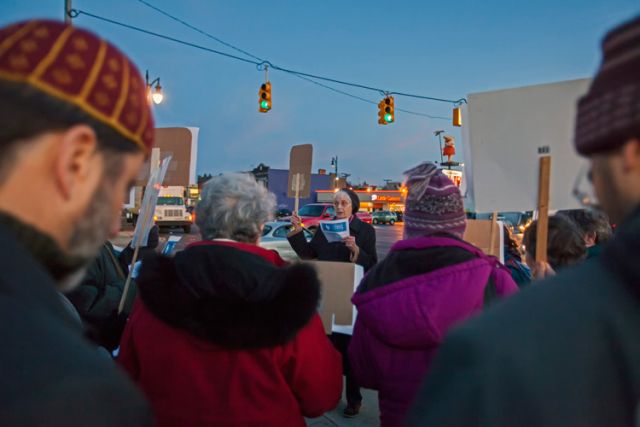So congratulations to the voices behind the recent launch of the Global Freedom Network, an interfaith alliance comprising Vatican, Anglican and Muslim leaders who intend to shake the world from its slumber and open eyes to the scourge of human trafficking. The three parties signed a groundbreaking agreement on Mar. 17 which set 2020 as a target to wipe out human trafficking.
This crime is almost as old as mankind so, yes, it is ambitious to suggest it can be eliminated in six years. Just finding the victims is a challenge. They suffer in rich nations and poor, in small villages and sprawling cities, in slum dwellings and wealthy homes, in large factories and small shops. Similarly, the criminals seem to be everywhere but nowhere to be seen.
Human trafficking is a multi-billion-dollar international industry, yet even the experts are uncertain about the full reach of its tentacles. Victims and witnesses, fearing reprisal against themselves or their families, seldom come forward. That makes it a low-risk crime for traffickers. The United Nations estimates that up to 20 million people worldwide may have been trafficked by these predominantly male predators over the past decade. Perhaps one victim in 100 is ever rescued.
Traffickers mostly target women and children, particularly the socially or economically vulnerable. Victims are typically forced by threats or physical intimidation to become sex slaves or menial workers or, in some instances, given a gun and led into war. And it’s not just a foreign crime. In Canada, Aboriginal women and runaways, migrant workers and new immigrants are targeted, or non-Canadians are shipped to Canada from Asia and Eastern Europe, according to the RCMP.
The Global Freedom Network rightly calls this a shameful affront on our common humanity. It has drafted a detailed strategy to combat indifference, educate society and, ultimately, pressure governments, corporations, public institutions and individuals to unite to eradicate this “man-made evil.” This year alone it expects 162 governments and at least 30 heads of state to publicly support a global fund to end slavery.
Given many failures by governments and global police forces to get a grip on human trafficking — let alone choke it off altogether — the goals of the new Global Freedom Network are ambitious indeed. Eradication is a tall order. But if this new multi-faith alliance can raise public awareness and embolden governments to get serious about human trafficking, their efforts will deserve applause and support.

